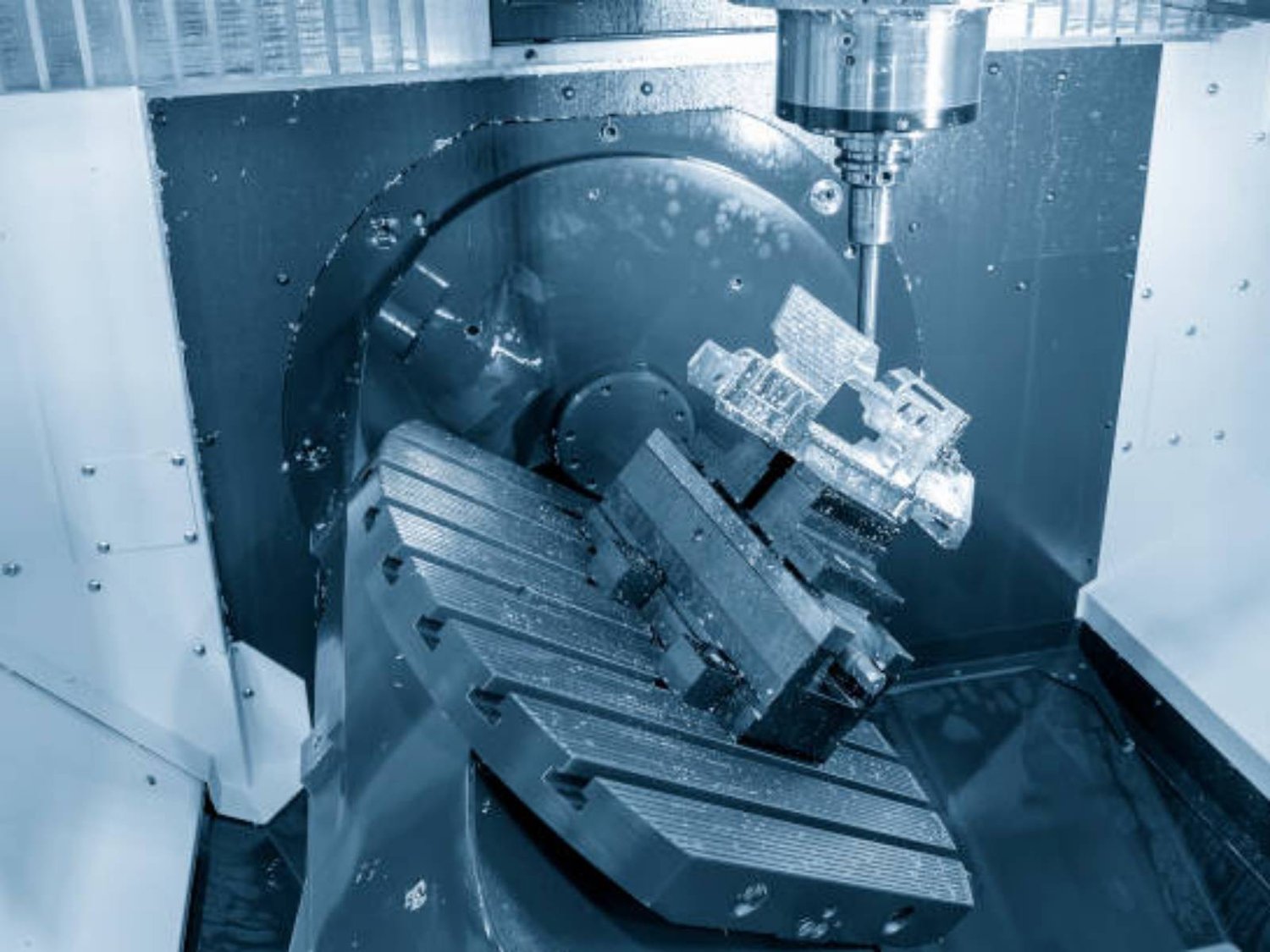The Evolution of Mold CNC Machining: From Concept to Reality
Mold CNC machining has revolutionized the manufacturing industry, allowing for precise and efficient production of complex molds. This advanced technology combines the power of computer numerical control (CNC) with the intricacy of mold making. In this article, we will delve into the various aspects of mold CNC machining, exploring its benefits, applications, and the future of precision manufacturing.
The Advantages of Mold CNC Machining
Mold CNC machining offers numerous advantages over traditional mold making methods. Firstly, it enables the production of highly detailed and complex molds that would be otherwise impossible to achieve manually. The use of computer-controlled machines ensures unparalleled precision and accuracy, resulting in superior mold quality. Additionally, the automation of the manufacturing process reduces human error, minimizes the risk of defects, and enhances overall efficiency.
Applications of Mold CNC Machining
Mold CNC machining finds extensive applications in various industries. One prominent sector is the automotive industry, where precision molds are crucial for manufacturing intricate parts and components. Similarly, the aerospace industry relies on mold CNC machining to produce lightweight and aerodynamic components. The medical field also benefits from this technology, as it enables the production of custom-made medical devices and implants with high precision and consistency.
The Process of Mold CNC Machining
The process of mold CNC machining involves several steps to transform a design concept into a tangible mold. It begins with the creation of a 3D model using computer-aided design (CAD) software. The design is then converted into a format compatible with CNC machines. Next, the CNC machine is programmed to follow the specified tool paths, which determine the shape and dimensions of the mold. The machine then precisely cuts and shapes the chosen material, such as metal or plastic, to create the mold.
Materials Used in Mold CNC Machining
A wide range of materials can be used in mold CNC machining, depending on the specific requirements of the application. Metals such as aluminum, steel, and titanium offer durability and heat resistance, making them suitable for demanding industrial applications. For less demanding applications, plastic materials like polycarbonate and polypropylene can be utilized due to their cost-effectiveness and versatility. The choice of material depends on factors such as the desired mold lifespan, complexity, and budget constraints.
The Importance of Precision in Mold CNC Machining
Precision is of utmost importance in mold CNC machining, as even the slightest deviation can lead to significant defects in the final product. The use of CNC machines ensures accuracy to within microns, resulting in molds that perfectly mirror the original design. This level of precision guarantees the production of high-quality components, reduces post-processing requirements, and ultimately saves time and money for manufacturers.
Challenges and Limitations of Mold CNC Machining
While mold CNC machining offers numerous benefits, it also presents certain challenges and limitations. One challenge is the potential for tool wear, as the cutting tools used in the CNC machines may deteriorate over time. Regular maintenance and tool replacement are necessary to ensure consistent quality. Additionally, the size of the molds that can be produced using CNC machining may be limited by the size of the CNC machines. Advancements in technology continue to address these limitations, expanding the capabilities of mold CNC machining.
The Future of Mold CNC Machining
The future of mold CNC machining is promising, with ongoing advancements in technology and techniques. Machine learning and artificial intelligence are being integrated into CNC machines, enabling them to learn and optimize the machining process for improved efficiency and accuracy. Furthermore, the development of additive manufacturing techniques, such as 3D printing, in conjunction with CNC machining, holds immense potential for rapid prototyping and customization of molds. These advancements will further streamline the manufacturing process, reduce lead times, and enhance the overall quality of molds.
Choosing the Right Mold CNC Machining Service
When selecting a mold CNC machining service, several factors should be considered. Firstly, expertise and experience in the field are crucial to ensure precise and reliable results. The service provider should have a proven track record of delivering high-quality molds within the desired specifications. Additionally, the availability of advanced CNC machines and a wide selection of materials is essential for accommodating diverse manufacturing needs. Finally, prompt customer support and competitive pricing are important considerations to ensure a seamless and cost-effective manufacturing process.
Conclusion
Mold CNC machining has revolutionized precision manufacturing, offering unparalleled accuracy and efficiency in the production of complex molds. Its widespread applications across various industries highlight its versatility and importance in modern-day manufacturing. As technology continues to advance, mold CNC machining is set to further evolve, opening up new possibilities for customized molds and rapid prototyping. By choosing the right mold CNC machining service, manufacturers can unlock the full potential of this innovative technology and stay ahead in the competitive market.

